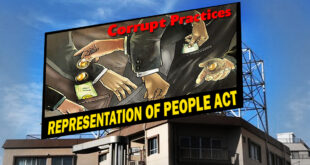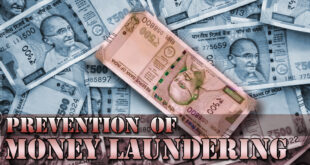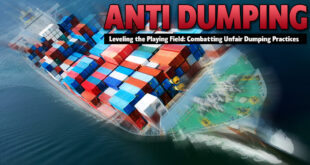With banks stopping refinancing and major shareholders not agreeing on fresh equity infusion, IL&FS started facing a liquidity crunch leading to loan defaults, according to a former board member. As long as banks were refinancing, there was no asset-liability mismatch. However, such refinancing started drying up since 2015, which forced IL&FS to rely on short-term loans, which, in turn, led to widening of the asset-liability gap. The total debt of IL&FS is about Rs. 91,000 crore. “Refinancing of loans completely dried up in 2016-17, after that there was no refinancing available at all. So, that created a big problem of how to continue with the projects which were ongoing. IL&FS actually stopped new projects from 2015 when they saw refinancing was not happening,” the former board member who did not wish to be identified said. Following rise in bad loans in the last few years and the banking regulator tightening norms on restructuring, banks became extremely cautious in lending, particularly for infrastructure projects. As the company’s loan default snowballed into a full blown crisis, the government intervened, and on Monday, it dismissed the board and reconstituted it with six members headed by Kotak Mahindra Bank’s MD & CEO Uday Kotak. Liquidity option ‘Once refinancing dried up, the only option was infusion of fresh liquidity. However, major shareholders were not in favour of bringing in new shareholders by selling stake and neither did they agree on a rights issue. Life Insurance Corporation is the largest shareholder in IL&FS with 25.34% stake, followed by Orix Corporation of Japan with 23.54% stake. “The attempt to bring outside shareholders was approved by the board, but that did not happen because one of the shareholders did not agree to it. The proposals to raise funds through rights issue also did not meet with success,” the person said. As a result, the company started selling assets and reduced debt. But that was not sufficient to tide over the liquidity problem that was brewing. Till 2017-18, the auditors had declared the company on a standalone basis ‘profitable’ and it declared dividend. But in the current financial year, the amount of loan needed to be serviced shot up and defaults began. “It was very clear that we are going to have default unless some money is raised. We discussed in the board that default is coming.
Check Also
Anti Dumping Duty – protection of Domestic Industries by WTO
Concept : Governments impose anti-dumping duties as a trade remedy measure to protect domestic industries …
 Chinmaya IAS Academy – Current Affairs Chinmaya IAS Academy – Current Affairs
Chinmaya IAS Academy – Current Affairs Chinmaya IAS Academy – Current Affairs



